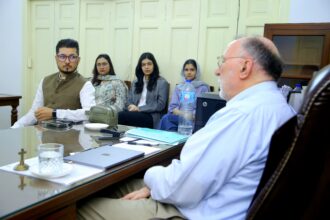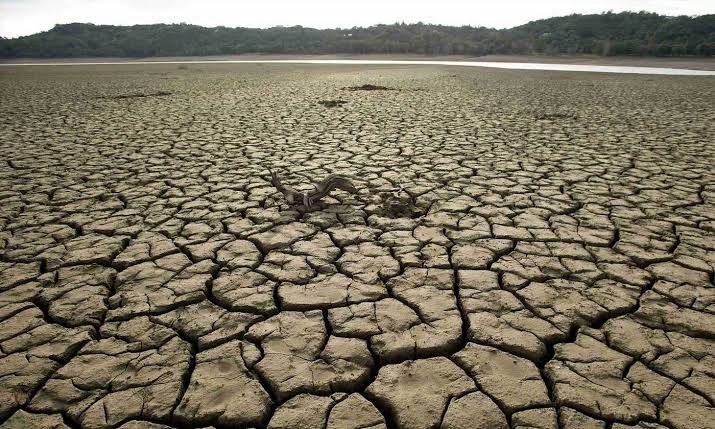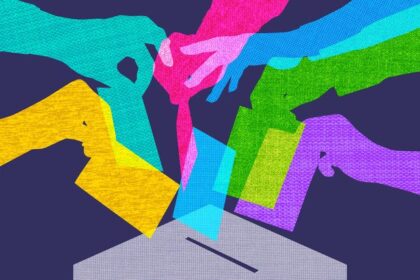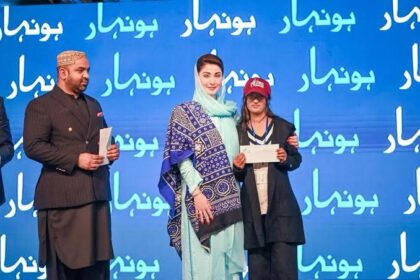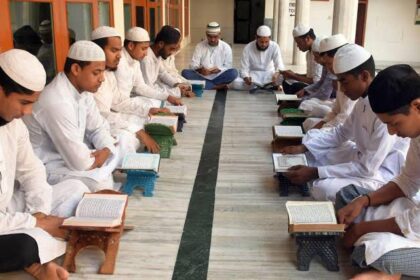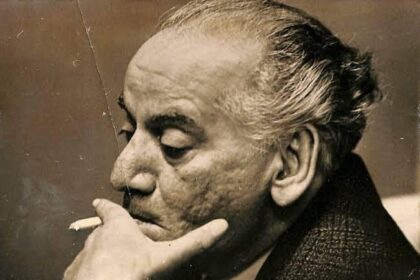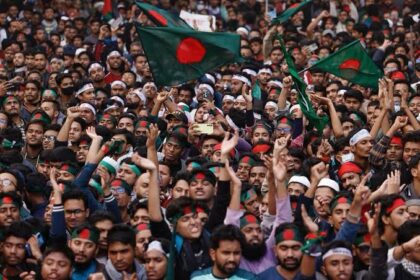By a Concerned Citizen of Pakistan
In my 75 years of life, I have seen few moments as astonishing as the time when a single tweet from a U.S. President halted a potential war. Donald J. Trump, with a simple call for calm between India and Pakistan, inspired a ceasefire that echoed from Peshawar to Karachi. It wasn’t just diplomats or generals who responded—it was the common people, clerics, and communities across Pakistan who memorized his message, seeing in it a rare moment of sanity from a superpower.
Mr. President, as you surely understand, no living being can survive without water. Even Jesus Christ, in His teachings, promised the water of life. While we Pakistanis are strong and proud people, always ready to defend our homeland, our leadership has shown restraint. Our military has not allowed conflict to erupt—despite provocation—because war is not the solution. But when our rivers run dry, how can we remain silent?
The Indus Waters Treaty, signed in 1960 and brokered by the World Bank, remains a pillar of regional peace. Under this treaty, the waters of six rivers were divided between India and Pakistan: the three eastern rivers (Ravi, Beas, Sutlej) to India, and the three western rivers (Indus, Jhelum, Chenab) to Pakistan. While India was granted limited, non-consumptive use of the western rivers—for example, for hydropower—it was explicitly forbidden from altering their flow in ways that could harm Pakistan’s access.
Now, the Indian government has made an alarming announcement: it will halt participation in the treaty unless Pakistan “abjures cross-border terrorism.” But these are mere accusations. The people of Kashmir are not proxies; they are people with a unique history and a struggle that predates modern political narratives. Historically tied to the princely state of Maharaja Gulab Singh, many Kashmiris—being Muslim—naturally gravitated toward Pakistan or sought independence when given the right of choice by the Mountbatten-led partition commission.
Their struggle for liberation is their own. It is not engineered across borders; it is written in the soil and spirit of Kashmir itself, which straddles both Indian and Pakistani control. For India to use this as an excuse to punish Pakistan by choking off water is unjust and dangerous.
Today, as the western rivers reach Pakistan, they resemble dry beds of sand rather than life-giving waterways. This is not just an environmental crisis—it is an act of aggression. Unfortunately, our own institutions have failed us. The office of the Federal Water Secretary, responsible for safeguarding this lifeline, has not fulfilled its duty. The network of irrigation canals built to distribute these waters lies neglected, with missing funds and ghost infrastructure.
I have written before about how even in the U.S., water disputes have long provoked tribal conflicts. In Saudi Arabia too, access to water defines survival. Yet, Prime Minister Narendra Modi—who is otherwise known for his political wisdom—now acts with medieval fervor, collecting flimsy justifications to starve a neighbor.
Where is the world’s conscience? Where are the international institutions meant to ensure that one nation does not use water as a weapon?
Mr. President Trump, you once helped avert war with a tweet. I ask you—and all leaders of conscience—to speak up once more. The people of Pakistan do not seek conflict. But we cannot live without water, and we cannot remain silent if our rights are trampled.
Water is not a weapon. It is a right. And justice, like a river, must always find its course.



